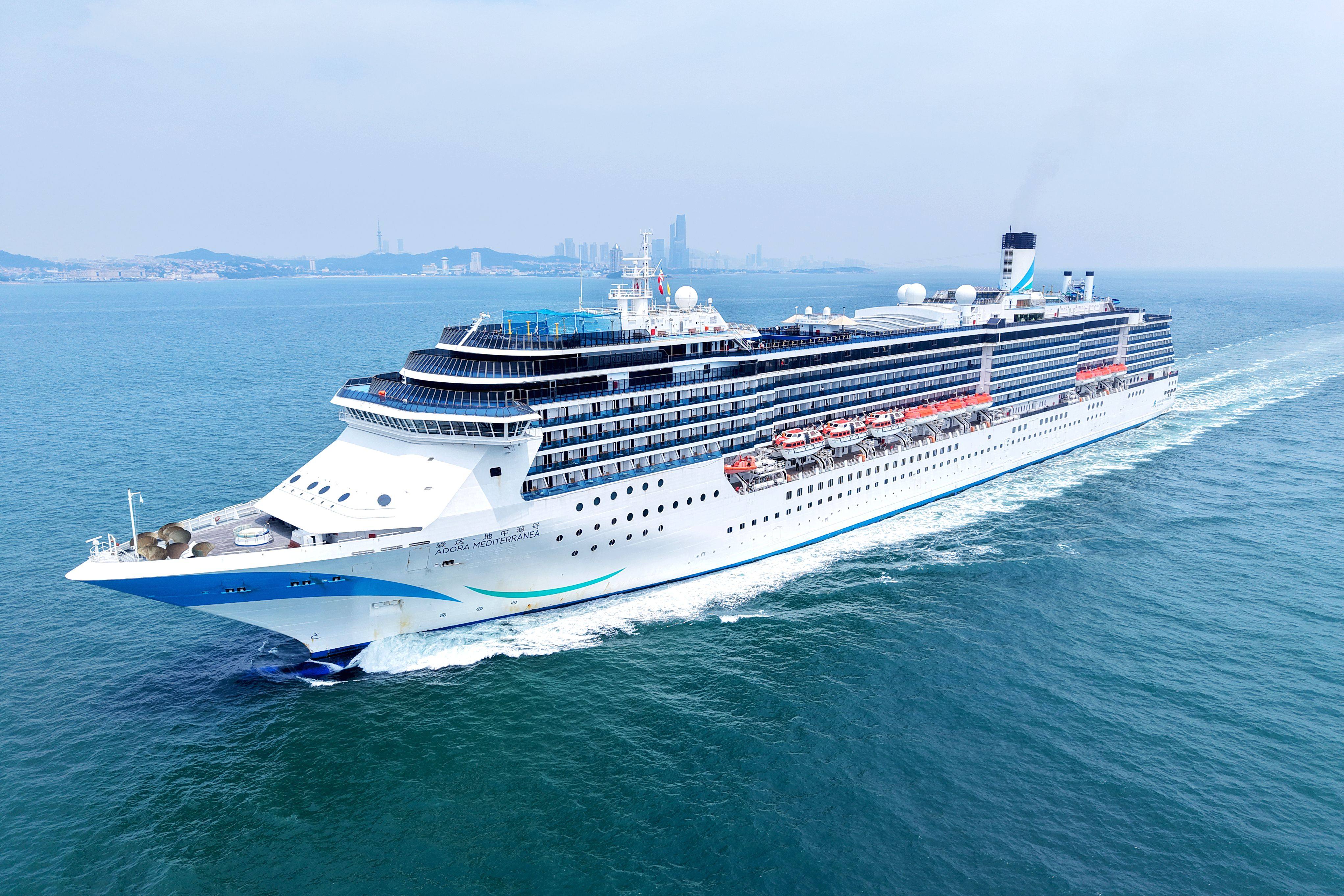By Ralph Jennings
After graduating from Fudan University’s prestigious MBA programme this year, Dong Wenxin wants to keep in touch with his fellow students. The 30-year-old figured many former students probably felt the same way – eager to reconnect even when scattered across China.
Living in Shanghai, a major global port city with regular cruise ship departures, gave him an idea. Dong saw business potential in organising group trips that would bring former students back together for quality time at sea.
Over the past three years, he has organised weeklong round-trip cruises for groups ranging from four to 30 people, with some journeys reaching as far as Japan. Travellers pay between 3,000 (US$418) and 10,000 yuan each, depending on the ship’s level of luxury.
Dong’s venture is part of a growing trend among younger Chinese travellers – particularly high school and university graduates – who are increasingly embracing ocean cruises as a social way to travel, analysts have found.
Cruise ships provide a unique environment for groups to bond, with recreational activities and shared spaces without the limitations of crowding into a rented apartment.
“It’s not quite a road trip or hiking – [passengers] can’t do that on ships, so those are the limitations,” Dong said. “But they can be in a communal space enjoying lots of activities.”
Young people are seeking new experiences and [are] attracted by the novelty of cruise travel
Sienna Parulis-Cook, marketing and communications director at Dragon Trail International
The mode of travel is quickly gaining popularity. Bookings for summer cruises in 2025 have surged by 60 per cent compared to 2024 – driven mostly by graduates and large families, according to a June survey by travel marketing and technology company China Trading Desk.
Travellers often visit nearby countries such as Japan and South Korea, taking advantage of abundant online deals, the company found.
Interest in cruise travel gained momentum about half a year ago, according to travel agents surveyed by business consultancy Dragon Trail International.
“Quite a few [agents] mentioned that cruise travel was becoming more popular with younger travellers and that this was a new development for the market,” said Sienna Parulis-Cook, Dragon Trail’s marketing and communications director.
“One explained that young people are seeking new experiences and [are] attracted by the novelty of cruise travel.”
China Trading Desk CEO Subramania Bhatt noted that cruise ships are “both a reward and rite of passage” for younger travellers, combining convenience, curated itineraries, scenic views, affordable fares and opportunities for bonding.
Posts on social media platforms like RedNote and Bilibili have further accelerated the trend, Dong said, and are likely to boost passenger numbers in the years ahead.
In Hong Kong, Astro Ocean International Cruises has seen a “significant climb” in mainland Chinese passenger volume compared to 2024, with about 17,000 people joining its 11 summer holiday voyages this year, senior marketing manager Christopher Ma said.
The company’s trips last four to five days and visit Japan, the Philippines and Vietnam – with Japan the most popular destination.
To ride the wave, the operator is offering freebies to fresh graduates and teachers, which Ma said has seen a “pretty good” response rate.
Each voyage averages HK$20,000 (US$2547) for a group of four, plus about HK$1,000 per person typically spent on food, shopping and souvenirs. On-board entertainment is another selling point.
Unlike road or rail travel, Ma said cruise ship passengers “enjoy a pure, relaxing time on board with chill moments”.
